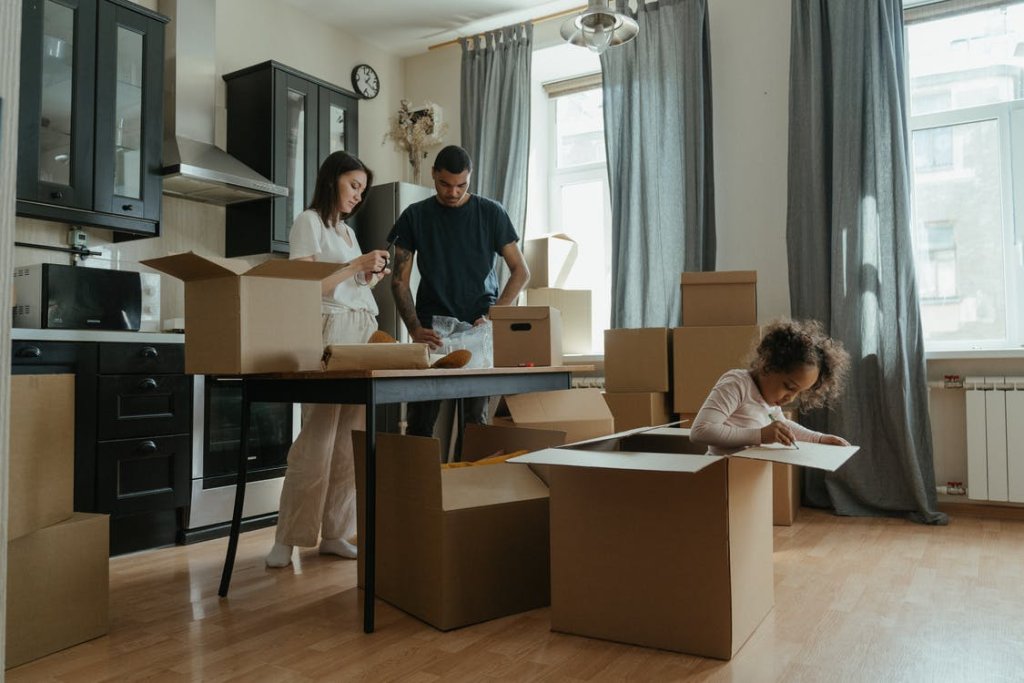Moving from one property to another – whether you’re buying or renting – will almost always come at a cost. In addition to deposits and the cost of the actual property, additional costs can creep in too, such as moving and packing fees of your furniture and plants. While these costs can start to build up as you go through the process, there are several things you can do to help reduce your expenditure. Let’s consider some top tips to save money when you move home.
Create a Budget
Being aware of just how much the move is going to cost can help you plan better and budget more accurately. Rather than guessing how much it might cost based on how much other people have paid, write down the expected costs of each item to see what you can expect to pay overall. You can then plan better to put aside extra money or shop around for cheaper deals on some things. Monitoring the budget and seeing whether anything has changed is a great step to take for keeping on top of your spending too.
Pack Everything Yourself
Some of the large costs that can come with moving home are packing and moving fees. While you might need assistance with moving large items of furniture, packing is something you may be able to do yourself. Ask friends or family members to help you – the more help you can get the quicker the job will be done. In order to pack more effectively and quickly, spend a couple of weeks beforehand on decluttering your home and recycling or selling any unwanted items.
Shop for Furniture Deals
If you need to furnish your new home, consider buying second-hand furniture. You can also look online or ask around and see whether anyone is recycling their used furniture or giving it away free of charge.
Shop around for larger items such as a bed frame to find the best deal. Other items of furniture such as TV stands or bookcases are often widely available at discounted rates. Make a list of the furniture you need for your new home and rank them in order of priority, so you know where your money should be spent first.
Look for Free Packing Equipment
You can buy storage boxes, but this will cost money. The more cost-effective option is to recycle large and sturdy boxes that you may already have at home or visit local supermarkets and businesses to see if they will give them to you for free. There are often large storage boxes that will be recycled, and some businesses will be happy for you to take them off their hands.
Compare Quotes
When looking for removal companies or other services that you need to pay for, compare moving quotes to get the best deal in your area. Ensure you give yourself enough time to plan for the move and get some quotes from different companies. While this takes extra time, it will save your dollars in the long run.
Save What You Can
It’s tempting to have a fresh start and get rid of lots of unwanted items in your home, but some of these things could come in useful when you move. You can still declutter your home while keeping hold of essentials like food or towels, meaning you will need to spend less money when you move. If you are not limited on transport space, retain what you can from your home and save some money in your bank account too.
Move at a Quieter Time
Do some research to see which times of year are busiest in your area for moving home. In many places, the spring and summer months are the most popular for moving to a new house, while colder winter months tend to be much quieter. Ask removal companies about their busiest periods and see whether they offer discounts or special rates outside of these times. There may also be cheaper rates available to move on a weekday rather than at the weekend.
Settle in Before Spending More Money
The excitement of moving to a new home can often make you feel tempted to splash some cash and buy new things for your space like a couch or a PS5. However, impulsive decisions at this stage could cost you a lot of money. Waiting a while could mean that you find deals and discounts, or the price of the items you want might be reduced. Furthermore, at the very least you should shop around to find the best deals before making any large purchases.
Moving home can be an expensive experience, but it doesn’t have to break the bank. By taking some steps to reduce your costs, you can still move into a new home smoothly and have everything you need.

